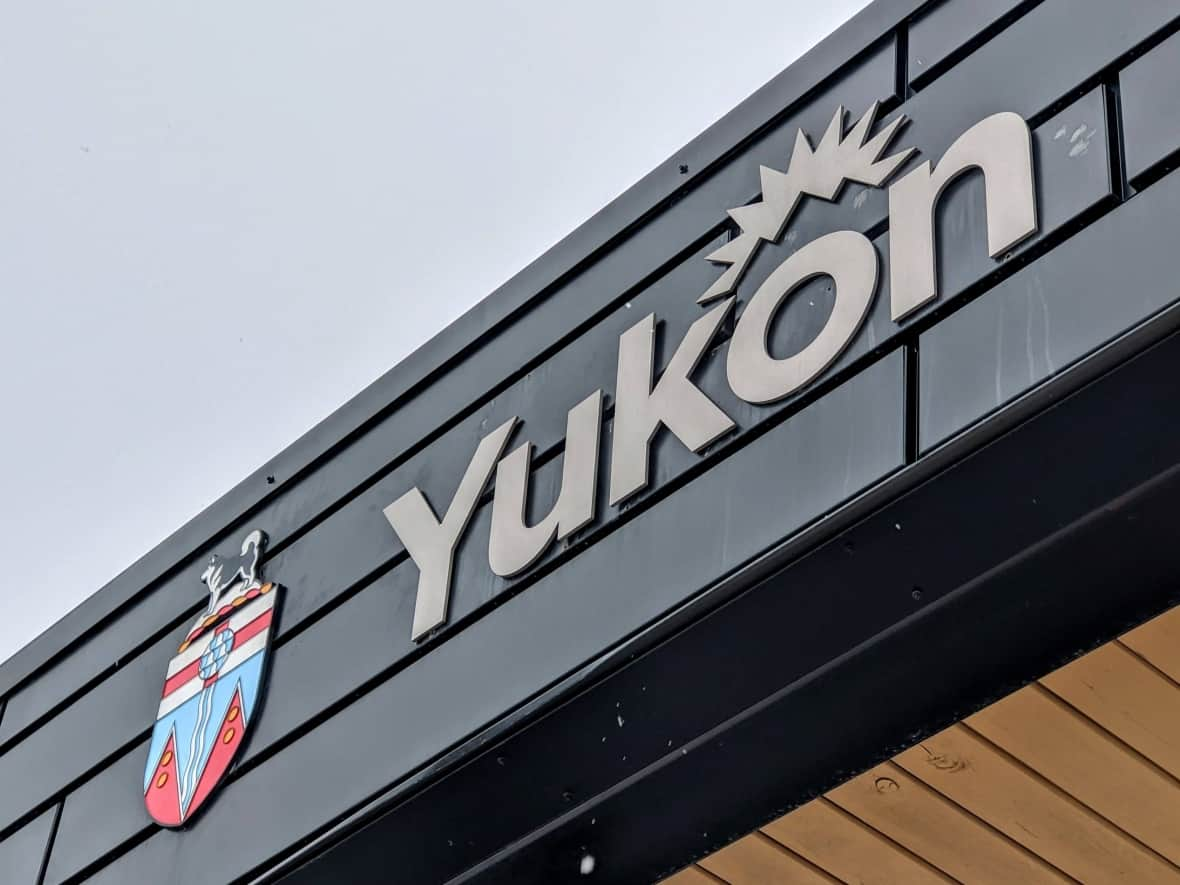Yukon's Kudz Ze Kayah mining project gets go-ahead from governments

Governments have signed off on a proposed mine in southeast Yukon, bringing a long and, at times, controversial assessment phase to an end.
Premier Sandy Silver says there's a lot of work left to do — time, he added, to ensure the project is done correctly.
"We look forward to continuing to engage with our First Nations partners as the project moves through the regulatory process," Silver told told CBC News.
The Yukon Environmental and Socio-economic Assessment Board found the Kudz Ze Kayah project will have "significant adverse effects" on, among other things, water, traditional use and wildlife, primarily the Finlayson caribou herd, whose habitat is, in part, located within the project area.
However, the board also determined the effects can be adequately mitigated, despite pushback from Liard First Nation and the Ross River Dena Council, which believe the project's environmental footprint is too big to avoid impacts on caribou.
Enter the Yukon and federal government, which revamped the board's recommendations, culminating in pushing the project into the regulatory phase.
Finlayson caribou herd concerns
Among the recommendations is the creation of an oversight board, whose sole focus would be on the Finlayson caribou herd. Other recommendations include the development of a caribou monitoring and mitigation program, as well as two years of baseline data collection on the herd before construction begins.
The Kaska Nation has been at loggerheads with the board and governments, arguing that the project will trample over harvesting rights, as well as lead to cumulative impacts and the rapid decline of Finlayson caribou, which are listed as "special concern" under the Species at Risk Act, meaning a given species could be on the brink of becoming threatened or endangered.
Last year, the decision bodies sent the project back to the board, saying it fell short when considering First Nations rights and impacts to wildlife.
Stephen Charlie, chief of Liard First Nation, told CBC News he had no comment at this time.
Dylan Loblaw, chief of the Ross River Dena Council, didn't immediately return a request for comment.

The Kudz Ze Kayah project is a proposed hardrock mine. Vancouver-based BMC Minerals wants to extract 1.8 million tonnes of zinc, 350,000 tonnes of lead and 600,000 tonnes of copper deposits for 10 years. At peak production, the mine will be capable of housing 250 workers.
Allan Nixon, vice-president of external affairs at BMC, told CBC News the decision of the governments is significant.
"This has been a long, comprehensive and thorough environmental assessment process," he said. "It's a big step, but it's just one step.
"We want to get to work now with our Kaska partners and work through remaining issues and work through the licencing process. We want to set a very high standard. We want this to be a positive legacy for the communities in the Yukon."
Where Finlayson caribou herd is concerned, Nixon said the company understands its importance to First Nations.
"Everything we've done since we purchased the property in 2015, and all of our conversations with Kaska and with elders and locals, has focused around the importance of the caribou," he said. "We understand and support and have proposed quite a bit of mitigation on our own that doesn't show up in the decision document necessarily."
Project is a bad idea, says conservationist
Lewis Rifkind, mining analyst with the Yukon Conservation Society, told CBC News that if the mine is built, it all but doom the Finlayson caribou.
He said checks and balances by the governments fall short of preventing that from happening.
Rifkind takes issue with the creation of the oversight committee, saying that would take place once the mine is up-and-running.
"It's a bit like putting a band-aid on a severed limb — it might stop the bleeding but the limb is gone," he said. "This committee might reduce the mine's impact on the caribou, but that's assuming there's any caribou left."
Rifkind said each year the mine would produce upward of 60 kilotonnes of greenhouse gases, equivalent to one-tenth of Yukon's annual emissions.
"We're seeing our greenhouse gas emissions going up because of this mine and by quite a substantial chunk, as well," he said.
Aquatic impacts
Water quality concerns and impacts on fish are included in the decision document.
"These effects on water quality could be permanent and could result in further impacts on fish and fish habitat as well as long-term restrictions on water use in the project," it states.
Mitigation measures include that the proponent assess effluent and implement adaptive management measures.
Those issues will be raised and potentially addressed during the regulatory process, which will include a water licencing process, facilitated by the Yukon Water Board.


